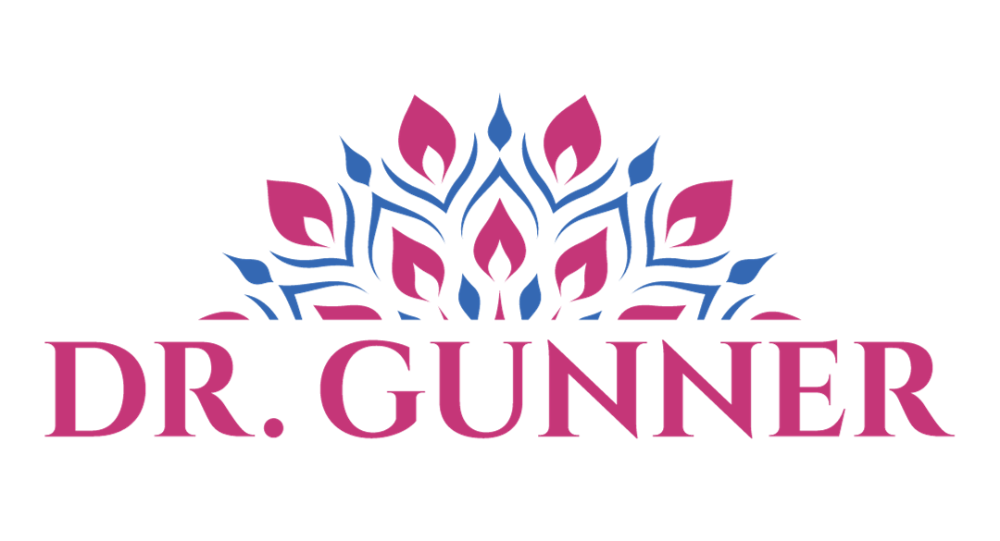How Self-Trust Plays A Role In Healing
Feb 12, 2024
I find that many women grappling with health conditions are increasingly realizing the profound impact of their day-to-day lives on their well-being, often tracing the root causes of their ailments. I'm grateful that over the past 12 weeks, I have been working closely with *Chelsea in one-on-one sessions, focusing on naturally healing her Rheumatoid Arthritis, a condition she has battled for decades with the belief that natural healing is possible.
Our initial coaching session led us to concentrate on two vital aspects: building self-trust, effective stress management, fostering a healthy work-life balance, and addressing burnout prevention. In this blog, I am excited to delve into the significance of self-trust in supporting health healing (Part 1), explore work-life balance, and discuss strategies for preventing burnout, with a promise to delve into stress management in the upcoming weeks.
*Please note that client information is strictly confidential, and no details are shared without explicit permission.
Understanding Self-Trust
Self-trust is the unwavering belief and confidence in one's ability to make decisions, confront challenges, and navigate life effectively. It revolves around relying on one's judgment, instincts, and inherent capabilities.
Signs of a Lack of Self-Trust
- Seeking reassurance and advice from others rather than tuning into one's feelings.
- Comparing choices to those made by others.
- Experiencing excessive guilt and fear of making wrong decisions.
- Avoiding tuning into personal needs and disconnecting instead.
- Postponing decisions and procrastinating due to the fear of making the wrong choice.
Source: Verywell Mind - Why You Feel This Way and What to Do
Overcoming Self-Criticism
When clients struggle with self-trust, we explore self-criticism, focusing on three areas: Self-compassion, challenging Negative Beliefs, and Cultivating Positive Self-Image. Addressing these aspects within ourselves enables us to extend the same support to those around us.
Empowerment Through Self-Trust
The journey of building self-trust unfolds in segments, with a focus on empowerment. Thinking positively about oneself and maintaining constructive self-talk significantly impacts the healing journey.
Source: CPTSD Foundation - CPTSD and a Lack of Self-Trust
Benefits of Self-Trust on Work-Life Balance and Burnout Prevention
1. Effective Decision-Making:
Confidence in decision-making aligns choices with values, fostering a balanced approach to work and personal life.
2. Prioritizing Well-Being:
Self-trust enables prioritizing well-being without overextension, promoting stress reduction and proactive health management.
3. Adaptability and Resilience:
With self-trust, adaptability and resilience flourish, allowing navigation of work stressors without compromising overall well-being.
4. Authentic Self-Expression:
Enhanced self-trust encourages authentic self-expression, strengthening personal connections through genuine communication.
5. Work-Life Balance:
Self-trust plays a crucial role in maintaining a healthy work-life balance by allowing individuals to set boundaries, prioritize self-care, and prevent burnout.
6. Burnout Prevention:
Nurturing self-trust contributes to recognizing one's limits, saying no when necessary, and avoiding the pitfalls of burnout in both personal and professional spheres.
Chelsea's journey exemplifies the positive impact of self-trust. As she prioritizes her healing, she adheres to her personal standards and values, confidently pursuing her dreams while maintaining a harmonious work-life balance and preventing burnout.
Source: Valley Oaks - The 3 Pillars of Self-Trust

"Working with you has been such a calming experience. I'm learning to trust myself more and more each day, so thank you!"
- Chelsea Gladwell
Self-Trust and Its Role in Health Conditions
The repercussions of a lack of self-trust extend beyond emotional well-being, affecting physical health. Stress and anxiety stemming from uncertainty can lead to conditions such as impaired memory, heart problems, and diabetes.
In our coaching sessions, we focus on four key areas:
1. Mind-Body Connection:
Trusting oneself enhances the mind-body connection, acknowledging the interconnectedness of mental and physical well-being.
2. Holistic Practices:
Self-trust empowers individuals to explore holistic practices aligning with their beliefs, from alternative therapies to mindfulness and integrative approaches.
3. Active Participation in Healing:
Self-trust motivates active participation in the healing journey, involving ownership of one's health and engaging in self-care practices.
4. Self-Care Practices:
Consistent self-trust leads to holistic self-care, incorporating activities promoting mental, emotional, and physical well-being.
Conclusion
In conclusion, this journey with Chelsea has illuminated the transformative power of self-trust not only in holistic healing but also in achieving a balanced and fulfilling life. As we embrace authenticity, mindfulness, and positive self-talk, we pave the way for improved well-being, work-life balance, and burnout prevention. Chelsea's story serves as a testament to the resilience that blooms when one learns to trust themselves, fostering a holistic approach to health and life.
Please note that client information is strictly confidential, and no details are shared without explicit permission.
Dr. Amber Gunner, a Balance Strategist and Workforce Engagement Consultant, is a leading practitioner and advocate for empowering working moms to achieve work-life balance and succeed in both their personal and professional lives. With a deep understanding of the challenges faced by working moms, Dr. Gunner is dedicated to providing the tools, resources, and support needed to help them avoid parental burnout and thrive without sacrificing their well-being.

